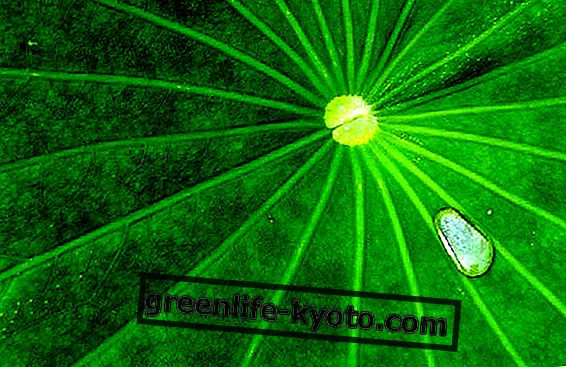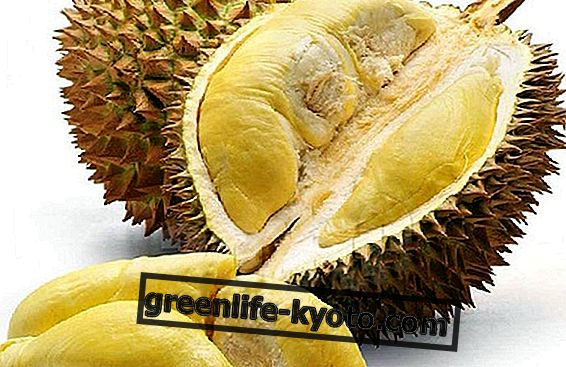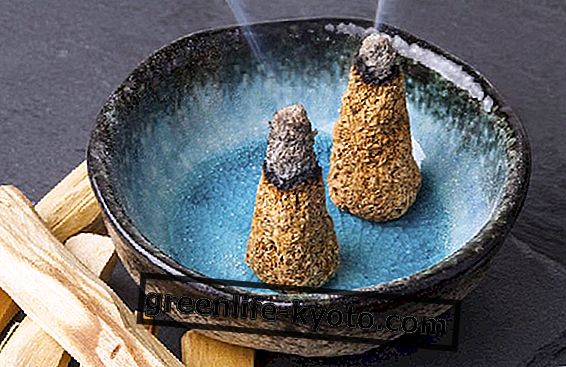
Bearberry: what it is and why it is useful as a natural remedy for cystitis
Ursina Grapes has always been known as a popular and natural remedy for treating urinary tract infections and cystitis. The active ingredient that allows the bearberry to effectively cure cystitis is hydroquinone, derived from the cleavage of arbutin, present in bearberry, in contact with urine from the alkaline pH.
Hydroquinone is a powerful antibacterial capable of disinfecting the urinary tract. Bearberry also has a fair concentration of flavonoids : the synergy between flavonoids and arbutin has a diuretic effect, allowing an even more effective urinary tract washing.
Cystitis is caused by a bacterial infection of the urinary tract : knowing how the bearberry works, its antibacterial and diuretic properties, it is easy to understand its great utility in these cases.
Bearberry is a small shrubbery that grows preferably in the undergrowth, in fresh and rocky environments. It can be found in northern Europe, and in Italy in the Alps and high-altitude Apennines. It blooms in late spring, and in summer produces small red fruits in the form of berries.
The leaves are present throughout the year . The botanical name of the bearberry is arctostaphylos uva ursi, and it was so called because the bears eat it in large quantities.
Bearberry: how to use it in case of cystitis
Uva Ursina is commonly found in herbal medicine or pharmacy in the form of capsules, mother tincture, and prepared for herbal teas, consisting of leaves, small parts of the shrubs and, sometimes, also berries.
The concentration of arbutin varies from preparation to preparation : usually the capsules and the mother tincture have higher concentrations than the dry leaves.
Use of Uva Ursina mother tincture
The mother tincture of Uva Ursina is used in case of acute cystitis: 50 drops are dissolved in half a liter of water to be taken during the day. If the symptoms do not improve after four days, it is necessary to stop, as prolonged use of mother tincture of bearberry is not recommended.
Use of Uva Ursina capsules
Depending on the concentration of the active ingredient present in the capsules, the dosage with which they are taken varies . Uva Ursina, to perform its antibacterial function in the urinary tract, and to treat cystitis, needs to convey its active ingredient through water.
The use of the capsules may not be effective if you do not drink enough, and can go to overload your kidneys. Furthermore, arbutin taken in large concentrations or prolonged quantities can irritate the gastric mucosa.
Use of the Uva Ursina leaves
Herbal tea, decoction and cold macerated bearberry are the best natural remedies in case of cystitis. The dilution in water, and the possible addition of herbs that protect the stomach, such as chamomile, mallow and manta, allows the stomach to be preserved from any side effects.
The bearberry tea is prepared by pouring two tablespoons of dried leaves into a cup of boiling water. It is left to infuse 7 minutes, is filtered and is drunk hot. They take 4 cups a day.
The decoction to treat cystitis is prepared by pouring a tablespoon of leaves and dried twigs of bearberry into a saucepan with half a liter of water. It is left to boil for 4 minutes, is filtered and assumed hot.
The cold macerated of bearberry is very useful to cure cystitis: it is prepared by pouring a spoonful of dried leaves into half a liter of water. It is left to macerate for 8 hours, is filtered and is drunk cold. The cold macerated can be prepared in advance and in larger quantities, it can be kept for 3 days in the refrigerator, and it can be taken at any time.
Note: the active ingredient of Uva Ursina acts as an antibacterial agent in the presence of an alkaline environment . It is therefore necessary and important to drink a lot of water, to enhance the beneficial effect of washing the urinary tract, and take lots of alkalizing fruits and vegetables, or supplement the diet with little bicarbonate.
Contraindications of Uva Ursina
Bearberry also has contraindications : it is a draining and a diuretic . It should therefore be avoided in the case of kidney disease, as it overloads the work of the kidneys.
Bearberry can cause gastric problems such as nausea, acidity, up to vomiting: this problem can be avoided by diluting bearberry in more water and using, in herbal teas and infusions, peppermint leaves at the end of the infusion: the peppermint is an excellent gastroprotector. Finally the bearberry should be avoided in case of pregnancy, breastfeeding, and documented and known hypersensitivity .
Read also
Alkalinizing diet, how it works
Cranberry and bearberry against cystitis













